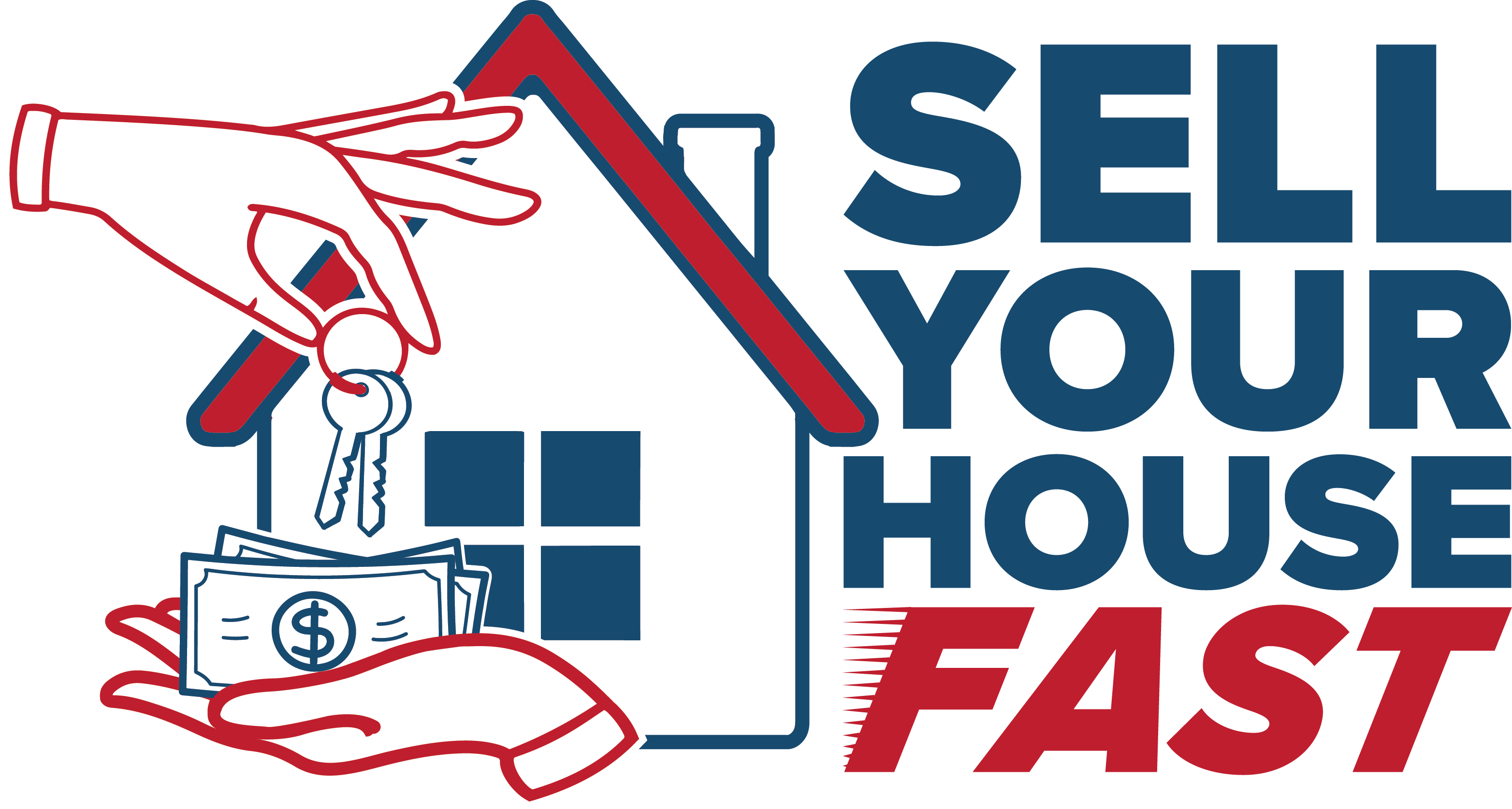The Selling During A Mortgage Basics
Whether you’re a new homeowner or just one of the myriad of other people who ask the question, what happens if you sell your house before your mortgage is up, we have some answers for you. Let’s start with some basic information first. According to Forbes Magazine, the average seller stays in their home for approximately 13 years before selling. However, the most common mortgage loan term is 30 years, and nearly 60% of Americans still owe on their mortgages. This begs the question of whether or not you can sell your house, if you still owe money on it. The answer is yes, you certainly can. (Also see our post on what you should you do to get your house ready to sell?)
How To Get Paid In Full
The answer to the question is multifarious, but the first thing that happens with the buyer’s money is that your loan is paid in full, as well as the closing costs and the realtor’s commission (if applicable). Once these things are paid off, any remaining money is paid directly to you as profit, of which you can do what you please. Since most homeowners couldn’t tell you the exact amount of what they owe on their mortgage at any given time, it is a common question to ask how you can find out your payoff amount. Simply contact your lender by phone or online and ask them your payoff amount. Remember, the payoff amount includes the accrued interest as of the closing date, giving you a more accurate figure that will be good for anywhere from 10 to 30 days. This is the short version of one aspect of the answer to this question.
What Exactly Is Equity?
Equity is the actual monetary stake you have in your home, to date. There are two types of equity that make up your home equity. The first kind is called your home investment equity, and it represents the cold, hard cash that you’ve paid into it. So, we’re talking about the original down payment, all the mortgage payments you’ve made towards the principal (it does not include money that you paid towards interest), plus all the money you’ve put into the house for upgrades and improvements (if applicable). The second kind is called your earned equity. This is the additional profit you earn when you sell it, and is unknown until then. It includes the profit you make due to the market value increasing, over time, and the additional ROI (returns on investment) due to the home improvements you made. This is why your home is considered an asset or an investment. You invest money into it with the knowledge or expectation that it will eventually make you money. A home is always a wise investment because the housing market, typically, continually increases with home values.
Market Values
So what happens if the market represents a downturn at the time of sale, and your home is worth less than it was when you bought it? Or, you haven’t been paying on it long enough to have any equity invested, to speak of? If you are in a situation where you can’t wait for the market to change in your favor, or until you have more equity paid into it, you’re in a bad spot. When you don’t have enough money to pay off your mortgage loan, it’s called having negative equity, or being “underwater”. If this happens, you only have two options. Either you can bring enough cash to the closing table to cover the remainder, or you can consider selling with something called a “short sale”.
What Is A Short Sale?
A short sale is when the bank or lender agrees to allow you to sell the house for less than it’s worth. However, you must be so far behind in your payments that it’s going to be impossible for you to catch up. It is usually done to avoid a foreclosure, and only done in these types of extreme circumstances. The other thing that is usually required is that the market must be at a loss on the value of your home, at the time of the sale. The way it works is that you must come to the lender and explain your situation. You should submit a short sale package, where you will have to prove that you cannot make the payments anymore or catch up on your late payments, and have no other assets or funds to reconcile the debt with. Still, even after you get permission, you must gain their approval every step of the way. What this means, is that just because you accept an offer from a potential buyer, doesn’t mean the lender has to accept it. It makes for an excruciatingly slow process for everyone involved. Also, at this point you must be working with a real estate agent, as well. Before you go for a short sale, you should try and have a buyer lined up to present an offer to the lender at the same time you discuss the short sale in the first place.
Another Option
If you are obligated to a mortgage loan and payments that you can no longer afford, there is another option. Even if you are in the midst of a foreclosure already, or are in danger of one soon, you can call a cash home buyer such as Sellyourhousefastlv, and get a cash offer for your house “as-is”. There is no obligation to accept the offer, and it’s free, so you may as well see what they’re willing to offer you. They do not charge you any fees or commissions, and in fact they pay all the closing costs and any fees associated with the sale of your house, so 100% of the money goes to you. Just imagine, you could have that cash in as little as 2-3 weeks. Sellyourhousefastlv are people who care, and are waiting to help you make sense of everything. It is something you should definitely check into, especially if you’re facing a foreclosure or need to sell your house fast for cash.



